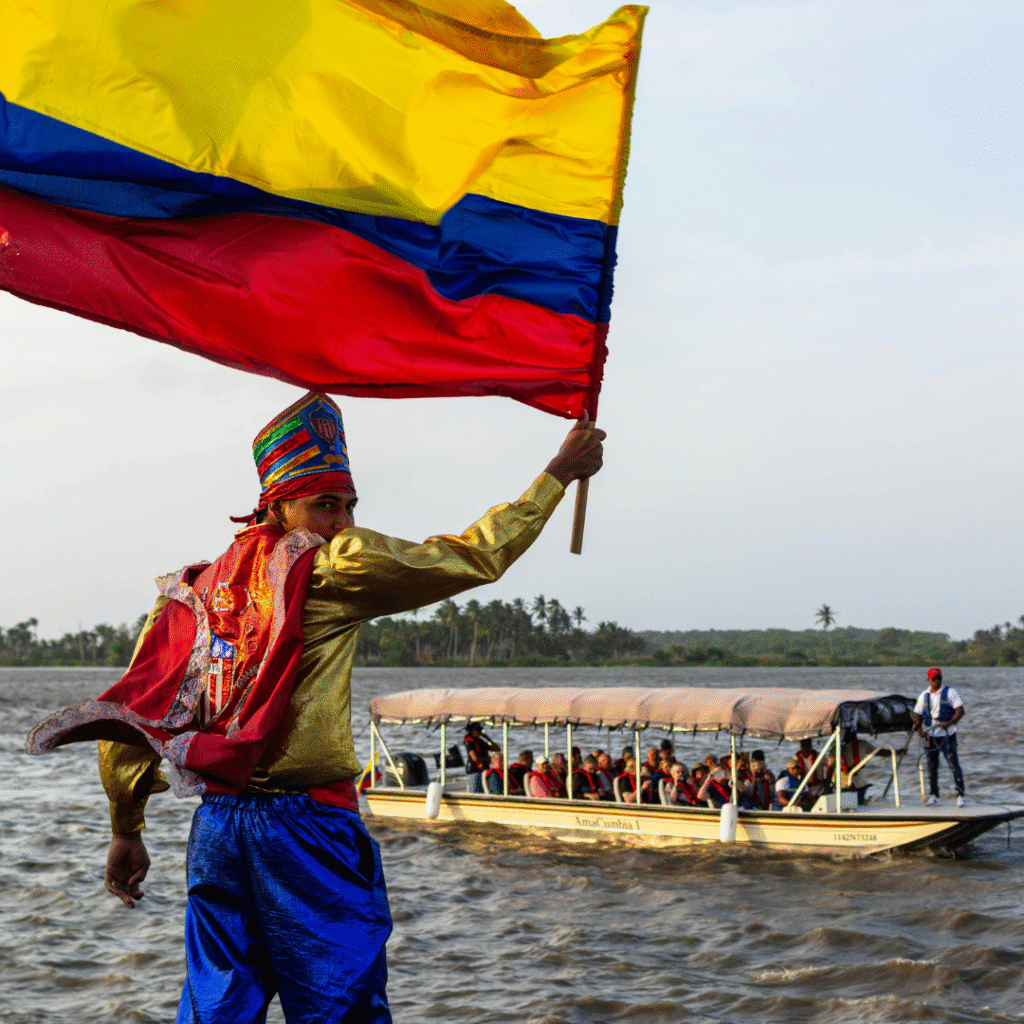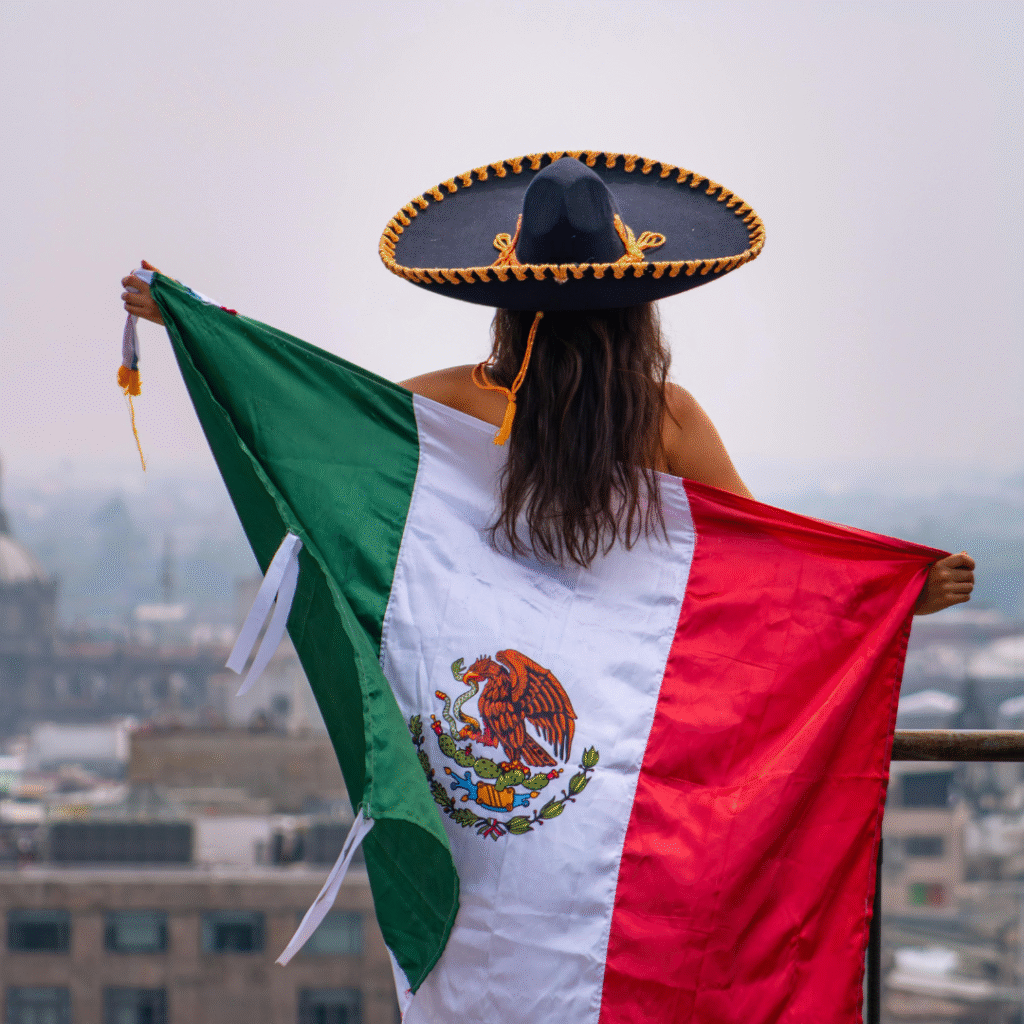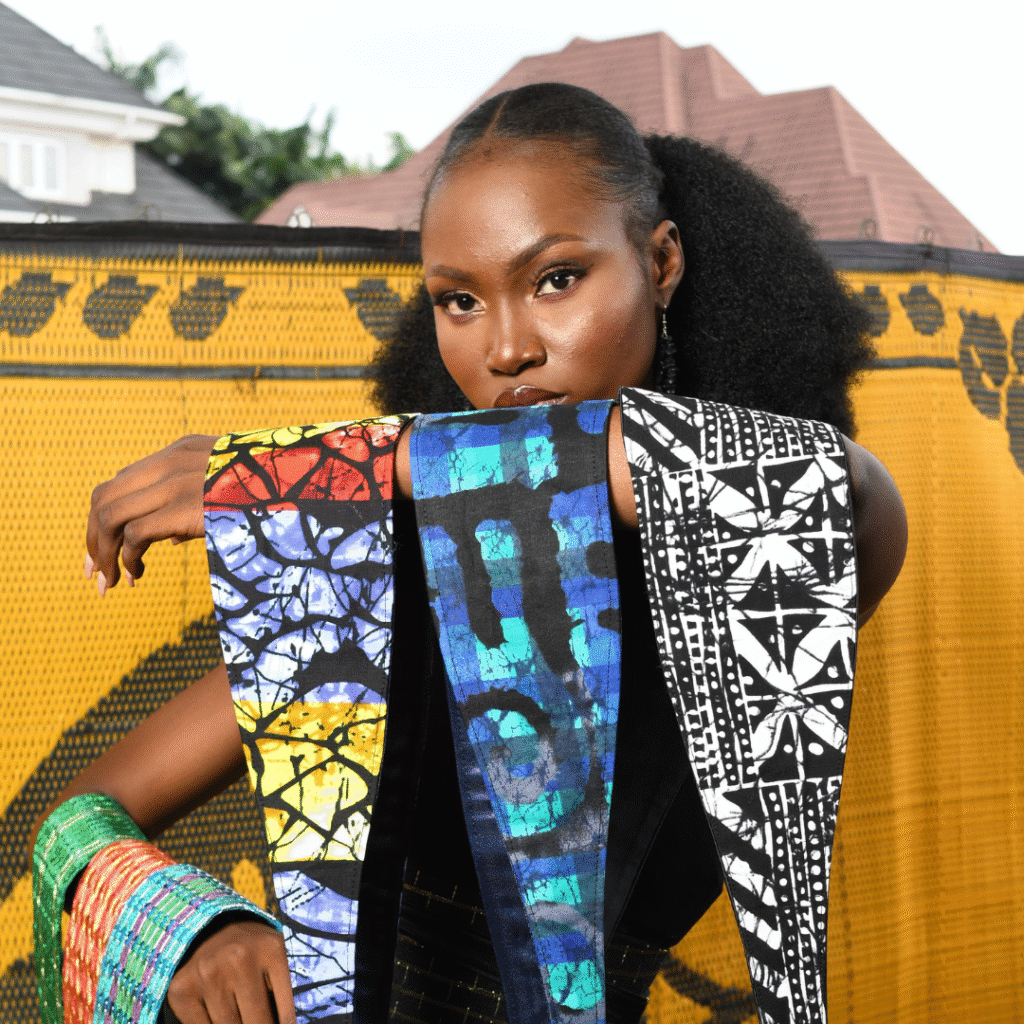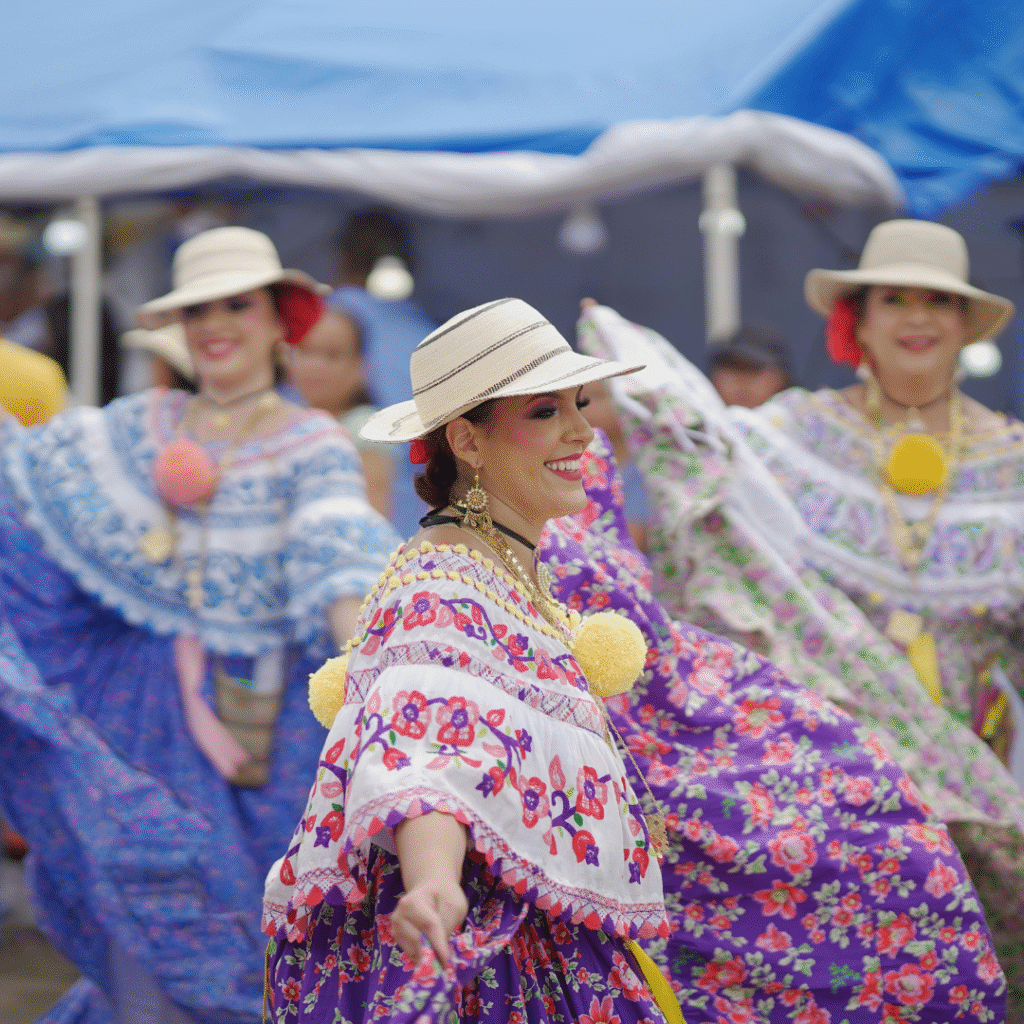- 6 Steps To Move Abroad
- Virtual & Physical Tours
- Relocation Consultation
- Relocation In a Box
- The Nomad Navigator | Total Digital Nomad Relocation
- The Immersion Journey | Student Visa & Language Program
- The Family Odyssey | Family Relocation Package
- The Golden Years Gateway | Total Relocation Package
- The Veteran’s Vantage | Total Relocation Package
- The Legacy Investor | Total Relocation Package
- The Founder’s Launchpad | Short-Term Entrepreneur Visa Package
- The Empire Builder | Total Relocation Package
- Contact Mood
- 6 Steps To Move Abroad
- Virtual & Physical Tours
- Relocation Consultation
- Relocation In a Box
- The Nomad Navigator | Total Digital Nomad Relocation
- The Immersion Journey | Student Visa & Language Program
- The Family Odyssey | Family Relocation Package
- The Golden Years Gateway | Total Relocation Package
- The Veteran’s Vantage | Total Relocation Package
- The Legacy Investor | Total Relocation Package
- The Founder’s Launchpad | Short-Term Entrepreneur Visa Package
- The Empire Builder | Total Relocation Package
- Contact Mood
- MOOD Travel Abroad City Guides:
- MOOD Travel Abroad Resources
- Guide to Types of Visas for US Citizens
- Cultural Adaptation and Integration
- Essential Apps for Your Life Abroad
- Investing in Abroad as a Foreigner
- Banking & Finance Resources
- A Realistic Packing List to Move Abroad: The Ultimate Downsizing Checklist
- The 3 V’s: Vision, Visas & Vitals — How to Narrow Down Your Expat Destination
- MOOD Travel Abroad’s Expat Financial Tool Kit: Expat Banking 101
- The Intentional Exploration Checklist: Unlock the Power of Travel to Transform Your Life
- MOOD Travel Abroad’s Universal Visa Document Checklist
- Best neighborhoods for Expats
- Navigating Healthcare Options
- The Cost of Living / Local Currency info
- The Real Cost of Living in Cali Colombia
- The Real Cost of Living in Puerto Vallarta, Mexico
- The Cost of Living/ Local Currency Information Colombia (Medellin, Santa Marta, Cartagena)
- The Cost of Living/ Local Currency Information Mexico (Playa Del Carmen, Merida)
- The Cost of Living/ Local Currency Information South Africa (Cape Town)
- The Cost of Living/ Local Currency Information Panama (Panama City)
- Best Times To Visit (Festivals & More!)
- Relocation Consultation
- Mood Events
- Colombia Events
- Roots & Routes Podcast Live Expat Chat Sign Up
- Black Expat Life Abroad LIVE Q+A
- Villas & Trip Enquiry
- On-Demand Webinars
- MOOD Travel Club
- MOOD Travel Experts
- MOOD Merchandise
- T-Shirt & A Trip
- MOOD Ebooks
- Mood Podcast
- Remote Job Opportunities
- Affiliate links / Partners
- Travel Agent Sign Up
- Affiliate Login
- Affiliate Registration
- Affiliate Dashboard
- Newsletter Signup


Cultural Adaptation and Integration
- Home
- Cultural Adaptation and Integration
Cultural Adaptation and Integration
- Home
- Cultural Adaptation and Integration
Columbia

Cultural Adaptation and Integration in Colombia: A Guide for Black Expat Life Abroad
Moving abroad is more than securing visas and finding housing—it’s about cultural adaptation and integration. For Black expats in Colombia, embracing the local culture while finding community can make the transition smoother and more rewarding.
This guide walks you through how to adapt to Colombian culture, from common greetings and daily interactions to community-building strategies that help you feel at home without expecting an “American experience” abroad.
Greetings and Everyday Etiquette
Colombia is known for its warmth and friendliness. Learning the basics of Colombian greetings helps you connect quickly with locals:
Handshakes and Hugs
Men often greet with a handshake, sometimes followed by a pat on the back if closer.
Women commonly greet men and women with a cheek kiss (on the right cheek)—a sign of friendliness, not romance.
Common Phrases to Learn
“Buenos días” (Good morning) – used until noon.
“Buenas tardes” (Good afternoon) – from noon until 6 p.m.
“Buenas noches” (Good evening/night) – after 6 p.m.
“Mucho gusto” (Nice to meet you).
Tip: Always greet when entering or leaving a room. It’s seen as respectful and polite.
Language and Communication
While you can get by in bigger cities like Medellín, Bogotá, or Cartagena with some English, Spanish is essential for deeper integration.
Start with Everyday Phrases
Learn phrases for shopping, dining, and transportation. Even if you’re not fluent, showing effort goes a long way.
Use Apps to Practice
Duolingo for vocabulary basics.
HelloTalk or Tandem to connect with Colombians for language exchange.
Cultural Note: Colombians are often patient and encouraging with foreigners learning Spanish.
Food, Dining, and Social Customs
Food is central to Colombian culture, and eating habits differ from the U.S.
Meal Times
- Lunch (almuerzo) is the biggest meal of the day, often around 12–2 p.m.
- Dinner is lighter and eaten later, between 7–9 p.m.
Try Regional Dishes
- Bandeja Paisa (hearty platter of rice, beans, meat, plantains, and avocado).
- Arepas (cornmeal patties, versatile and eaten daily).
- Sancocho (traditional soup).
Tip for Black Expats: Explore Afro-Colombian cuisine on the Caribbean coast (Cartagena, Palenque, Cali) where food, music, and culture strongly connect to the African diaspora.
Building Community and Social Connections
Adapting isn’t just about learning customs—it’s about finding community:
Connect with Afro-Colombians
Afro-descendant communities in Cartagena, Cali, Chocó, and San Basilio de Palenque are proud of their African roots. Visiting and engaging with these communities provides a sense of shared cultural identity.
Join Expat Groups
- Facebook Groups: Black Expats in Colombia, Expats in Medellín/Cartagena.
- WhatsApp groups: Many local expat networks organize dinners, meetups, and events.
Volunteer and Give Back
Consider volunteering in community projects or youth programs—Colombians respect foreigners who contribute positively to their society.
Adjusting Expectations
One of the biggest keys to thriving abroad is not expecting America in Colombia.
Time is Flexible: “Colombian time” can mean being 15–30 minutes late. Don’t take it personally.
Bureaucracy Exists: Processes like banking or government paperwork may be slower than in the U.S.—patience is crucial.
Noise and Energy: Colombians are lively. Expect loud music, busy streets, and a strong sense of community life.
Shift your perspective: Instead of comparing everything to the U.S., lean into the uniqueness of Colombian culture.
Tips for Black Expats
- Hair & Beauty Products: Harder to find outside of Afro-Colombian regions, but major cities and the coast have beauty shops that cater to Black hair.
- Representation: Afro-Colombians make up around 10–15% of the population—there are spaces where you’ll see yourself reflected culturally and socially.
- Respect & Curiosity: Many Colombians are curious about African Americans; some may ask personal questions about culture or history. Use these as bridges for cultural exchange.
Helpful Apps for Cultural Integration
- Meetup: Great for connecting with interest groups.
- Internations: Popular for expats looking to network.
- WhatsApp: The #1 communication tool in Colombia for both social and professional use.
Final Thoughts
Cultural adaptation and integration in Colombia for Black expats means embracing warmth, community, and shared history. By learning greetings, respecting traditions, and actively seeking connections with both Colombians and other expats, you’ll create a rich and fulfilling life abroad.
Remember: You didn’t move to Colombia to recreate America—you moved for something new. Embrace it fully, and Colombia will embrace you back.
Mexico

Cultural Adaptation and Integration in Playa del Carmen for Black Expat Life Abroad
Moving abroad is exciting, but it also comes with the challenge of cultural adaptation. For Black expats considering Playa del Carmen, Mexico, understanding the local culture, language, and community is essential for a smooth transition. This guide will help you acclimate to life in Playa del Carmen, so you don’t fall into the trap of expecting “America abroad” and instead thrive in your new environment.
Life in Playa del Carmen: What to Expect
Playa del Carmen is a vibrant coastal city on Mexico’s Riviera Maya, known for its mix of Mexican culture, expat communities, and tourism-driven economy. While English is widely spoken in tourist zones, Spanish dominates daily life, and learning it will greatly enhance your integration.
Key things to know:
Playa del Carmen is slower-paced compared to major U.S. cities. Patience is key.
Mexican culture is community-oriented, with strong family values.
Tourism is the backbone of the economy, so locals are used to international visitors—but that doesn’t replace the need to respect and adapt to local customs.
Common Greetings and Etiquette
In Mexico, greetings carry significant cultural weight. For Black expats, showing respect in these small ways can open doors and build connections.
Handshake or light hug/kiss on the cheek (between men and women or women and women) is common. Men often greet with a firm handshake.
Use “Buenos días” (good morning), “Buenas tardes” (good afternoon), and “Buenas noches” (good evening) generously—it’s considered polite.
Address people with Señor / Señora / Señorita until invited to use first names.
A friendly “¿Cómo estás?” (How are you?) goes a long way in establishing warmth.
Building Community as a Black Expat in Playa del Carmen
Playa has a growing expat scene, and as a Black expat, you’ll find both opportunities and challenges in creating community.
Tips for Building Your Network:
- Join Expat & Afro-diaspora groups: Search Facebook groups like “Black Expats in Mexico” or “Expats in Playa del Carmen.” These provide support, advice, and social opportunities.
- Attend local cultural events: Festivals, parades, and food fairs are excellent ways to meet locals and experience Mexican culture authentically.
- Coworking spaces & cafés: Playa has a strong digital nomad presence. Places like Nest, Bunker, and Selina host events where you can connect with like-minded people.
- Volunteer or take classes: Engaging in local activities, like cooking classes, salsa dancing, or volunteering with community projects, deepens cultural integration.
Language & Communication
Even though many people in Playa del Carmen speak English, learning Spanish is crucial for deeper integration.
Start with apps like Duolingo, Babbel, or HelloTalk.
Take a Spanish class locally—many schools cater to expats.
Practice daily: even small efforts like ordering food in Spanish are appreciated.
Pro Tip: Mexicans value effort over perfection. A simple attempt at Spanish will earn you more respect than relying solely on English.
Everyday Culture: Food & Lifestyle
Food is central to Mexican culture, and embracing it will help you connect quickly.
- Eat local: Step beyond tourist restaurants and explore fondas (small family-owned eateries).
- Learn food customs: For example, lunch (comida) is the biggest meal of the day, typically between 2–4 PM.
- Shop local markets: Places like DAC Market or Mercado 28 in nearby Cancún help you experience fresh produce and local life.
Navigating Cultural Differences
As a Black expat, you may stand out in Playa del Carmen, but blending in respectfully is possible:
- Avoid expecting U.S. standards: Things may take longer (banking, utilities, customer service). Patience is essential.
- Respect local traditions: Holidays like Día de los Muertos are cultural treasures. Participate with respect and curiosity.
- Adapt to “mañana culture”: Deadlines and punctuality are more flexible—embrace it rather than fight it.
Helpful Resources for Black Expats in Playa del Carmen
- Black Expats in Mexico (Facebook Group): Active space for networking and advice.
- Expats in Playa del Carmen (Facebook & Meetup): General expat community support.
- Internations Playa del Carmen Chapter: Networking events with locals and expats.
- Local Spanish Schools (Explayarte, International House Riviera Maya): For language immersion.
Final Thoughts
Cultural adaptation in Playa del Carmen requires openness, patience, and community-mindedness. For Black expats, this city offers a vibrant lifestyle, a diverse community, and opportunities to build meaningful connections while still staying rooted in the African diaspora experience.
Remember: you’re not recreating America abroad—you’re embracing a new culture. Approach life in Playa with respect, curiosity, and positivity, and you’ll find yourself at home much faster.
South Africa

Cultural Adaptation and Integration in Cape Town, South Africa: A Guide for Black Expats
Moving abroad is about more than visas and housing—it’s about learning how to adapt to a new culture, environment, and community. For Black expats considering Cape Town, South Africa, cultural adaptation is a journey of both discovery and connection.
This guide will help you understand common South African greetings, local customs, cultural nuances, and ways to build community—so you don’t fall into the trap of expecting Cape Town to “feel like America.”
Common Greetings and Daily Etiquette
South Africa is a multilingual nation, with 11 official languages, though English is widely spoken in Cape Town. Still, you’ll often hear greetings in Afrikaans or isiXhosa—learning a few will go a long way.
English:
“Hello” or “Hi” works fine.
“How are you?” is a standard opener.
Afrikaans:
“Goeie môre” (Good morning)
“Dankie” (Thank you)
isiXhosa:
“Molo” (Hello, to one person)
“Molweni” (Hello, to multiple people)
“Enkosi” (Thank you)
Tip for Black Expats: Greeting people respectfully, whether at the grocery store or in a taxi, creates instant warmth. South Africans value politeness and personal acknowledgment more than rushed, transactional interactions common in the U.S.
Understanding Cape Town’s Cultural Landscape
Cape Town is often called the “Mother City”—a vibrant mix of African, European, and Indigenous traditions. As a Black expat, you’ll find comfort in the shared history of the African diaspora, but also notice that South Africa’s racial dynamics are complex and unique.
Ubuntu Spirit: The philosophy of Ubuntu (“I am because we are”) emphasizes community and interconnectedness. You’ll see this reflected in social interactions, neighborliness, and local gatherings.
Racial Dynamics: While South Africa is majority Black, Cape Town has layers of history from apartheid that still shape social and economic life. Approach conversations with humility, curiosity, and respect.
Cultural Diversity: From Cape Malay food traditions to Xhosa ceremonies and Afrikaans festivals, Cape Town’s culture is a rich blend you’ll want to experience firsthand.
Building Community as a Black Expat
- Integration isn’t just about observing—it’s about joining in and contributing. Here are ways to find belonging:
- Attend Cultural Festivals
- Cape Town hosts events like the Cape Town International Jazz Festival, Heritage Day celebrations, and First Thursdays (monthly art walk). These are great ways to meet locals.
- Join Black Expat & Diaspora Groups
- Search Facebook and WhatsApp communities for expat networks. Black expats often find comfort in groups that share both African heritage and global perspectives.
- Connect Through Faith & Spiritual Spaces
- Churches, mosques, and spiritual centers are strong community anchors in Cape Town. They’re also social hubs that help newcomers settle faster.
- Volunteer or Collaborate Locally
From youth mentorship to environmental projects, giving your time builds relationships and shows commitment to your new home.
Everyday Life & Adjustments
- Food & Shopping: Grocery stores like Pick n Pay, Checkers, and Spar will feel familiar, but don’t miss out on local markets like Neighbourgoods Market or township street vendors for authentic experiences.
- Transport: Unlike major U.S. cities, Cape Town doesn’t rely heavily on public transport. Rideshare apps like Uber and Bolt are common, though many expats eventually buy a car.
- Socializing: Braais (barbecues) are a cultural cornerstone. If you’re invited—go! It’s an excellent way to bond with locals.
Tips for Cultural Integration
- Don’t Compare Everything to America. Cape Town is its own place—approach it with curiosity, not judgment.
- Learn Local Phrases. Even a few words of isiXhosa or Afrikaans show respect and effort.
- Respect Time. South Africans may not always run on “American time.” Patience is part of integration.
- Listen First, Speak Second. Learn from locals before trying to insert your perspective.
Final Thoughts
For Black expats moving to Cape Town, South Africa offers both familiarity through shared African roots and opportunities to grow through cultural differences. By greeting people warmly, embracing the philosophy of Ubuntu, and actively building community, you’ll create a more meaningful and integrated life abroad.
Panama

Cultural Adaptation and Integration in Panama City, Panama for Black Expat Life Abroad
Relocating to Panama City, Panama is an exciting move for many Black expats looking for a new lifestyle in Latin America. But success abroad is about more than just enjoying the beaches, skyscrapers, and tax incentives—it’s about cultural adaptation and integration.
This guide will show you how to adjust to life in Panama City without expecting “America abroad,” covering common greetings, cultural values, and ways to build community in your new home.
What to Expect in Panama City
Panama City is a dynamic mix of old-world charm and modern development. You’ll find historic neighborhoods like Casco Viejo, bustling financial districts, and Caribbean influences woven into everyday life.
For Black expats, this means:
- Afro-descendant culture is strong. Panama has a large Afro-Panamanian population, so you’ll see familiar faces and cultural connections.
- Spanish is essential. While English is used in business and tourist areas, daily life runs in Spanish.
- Life moves differently. Efficiency and punctuality are not always the norm. Embrace flexibility.
- Family and community matter. Locals prioritize relationships over transactions.
Common Greetings & Etiquette in Panama
Understanding greetings is one of the fastest ways to connect with Panamanians.
Handshake + eye contact is standard between men.
Kiss on the cheek (light, one side) is common between women and between men and women.
Always greet people when entering a room with “Buenos días” (good morning), “Buenas tardes” (good afternoon), or “Buenas noches” (good evening).
Use Señor, Señora, or Señorita unless invited to use first names. Titles show respect.
A casual “¿Qué sopa?” (Panamanian slang for “What’s up?”) may come later once you’ve built trust.
Tip: Never skip greetings—Panamanians see this as rude.
Cultural Values & Daily Life
Adjusting to Panama means recognizing what’s different from the U.S.
- Time is flexible. Meetings and appointments often start late. Locals call this hora Panameña (Panamanian time).
- Social hierarchy exists. Formality and respect are shown to elders and professionals.
- Family comes first. Expect locals to prioritize family gatherings, holidays, and traditions.
- Food & rhythm matter. Meals, music, and festivals (like Carnival and Independence Day) are at the heart of cultural expression.
- Instead of resisting, lean into it—you’ll enjoy a more stress-free lifestyle.
Building Community as a Black Expat in Panama City
Panama City offers a unique opportunity for Black expats to both integrate locally and connect with the wider diaspora.
How to Find Your People:
- Connect with Afro-Panamanian culture. Explore neighborhoods like Río Abajo, where Caribbean heritage thrives.
- Join expat & Black diaspora groups. Look for Facebook groups like Black Expats in Panama or Brothas & Sistas of Panama.
- Attend local events & festivals. Afro-Antillean Day (May 30) honors Afro-Caribbean culture and is a great opportunity to celebrate and connect.
- Coworking & networking spaces. Spots like Selina, Workings, and Casco Station host events where expats and locals meet.
- Volunteer or collaborate. Giving back—whether teaching English, mentoring, or supporting community events—builds authentic relationships.
Language & Communication
Even though many Panamanians speak some English, you’ll connect faster with basic Spanish.
Learn key phrases for greetings, ordering food, and navigating transportation.
Take Spanish classes in Panama City—many schools offer immersion programs.
Practice slang and local expressions—Panamanians appreciate it when you use their style of Spanish.
Pro Tip: Don’t stress about perfect grammar. Panamanians respect effort more than fluency.
Everyday Culture in Panama City
- Food and lifestyle are key parts of cultural adaptation.
- Try local dishes: sancocho (chicken soup), arroz con guandú (rice with pigeon peas), patacones (fried plantains).
- Visit local markets: Mercado de Mariscos (Seafood Market) is a must for fresh ceviche.
- Balance city & coast life: Locals often escape the city for beaches or countryside weekends. Join them!
Cultural Adjustment Tips
As a Black expat, remember:
- You’ll stand out at times, but also blend in. Afro-Panamanians make up a large part of the population, so you won’t be alone in representation.
- Avoid comparisons to the U.S. Life is different—embrace the slower pace, different systems, and unique culture.
- Show respect for traditions. Whether it’s Día de los Muertos or a family gathering, honor local customs.
- Learn to negotiate. Bargaining is common at local markets, but always do it politely.
Helpful Resources for Black Expats in Panama
- Black Expats in Panama (Facebook Group) – active support and meetups.
- Brothas & Sistas of Panama – diaspora-focused community.
- Internations Panama Chapter – expat networking.
- Local Spanish Schools – Expanish Panama, Casco Antiguo Spanish School.
Final Thoughts
Living in Panama City as a Black expat isn’t about recreating American life—it’s about adapting, respecting, and embracing a new culture. With its rich Afro-Caribbean heritage, diverse expat community, and warm Panamanian hospitality, Panama City offers a unique balance of comfort and cultural immersion.
If you stay open-minded, practice patience, and invest in relationships, you’ll find that Panama not only welcomes you—it changes you for the better.
